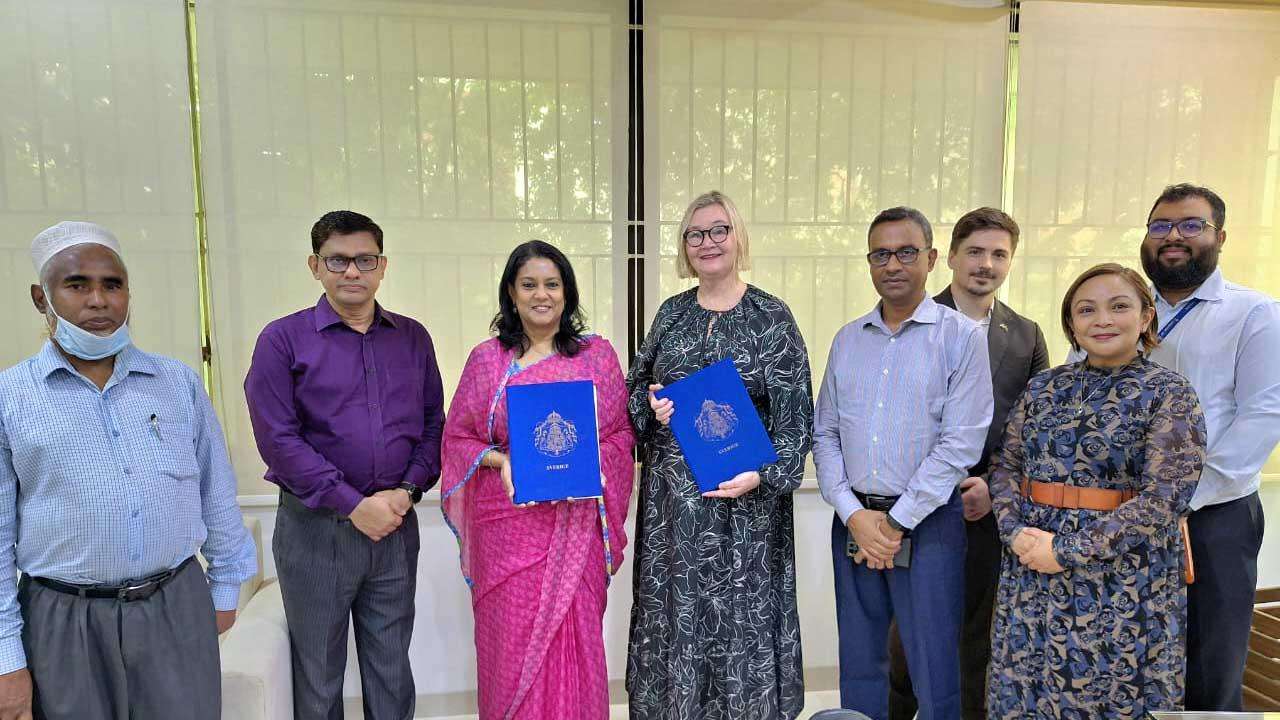Oxford Scholar's Research Trips Lead to UK Residency Rejection.
Manikarnika Dutta, a 37-year-old researcher affiliated with the prestigious University of Oxford, finds herself in a precarious situation after her application for indefinite leave to remain in the United Kingdom was denied by the Home Office. The reason? Her dedication to academic research, which required extensive travel to India.
Dutta's research, a crucial component of her academic commitments to the University of Oxford, necessitated frequent and prolonged access to archives stored in India. These research trips, while essential for her scholarly work, ultimately led to her spending 691 days outside the UK within a 10-year period. This exceeded the Home Office's stringent limit of 548 days for those seeking indefinite leave to remain, a crucial step toward permanent residency.
The Home Office's rules regarding absences are designed to ensure that those seeking indefinite leave have established genuine ties to the UK. However, in Dutta's case, these rules have created a conflict between academic pursuit and immigration regulations.
"It's a devastating blow," Dutta expressed, "My research is integral to my academic career, and the University of Oxford has been my home. To be penalized for the very work that contributes to academic knowledge is disheartening."
The University of Oxford has expressed concern over Dutta's situation, highlighting the importance of academic research and the potential impact of such rulings on international scholars. The university officials are reportedly considering options to support Dutta in her appeal against the Home Office decision.
The case raises critical questions about the balance between immigration regulations and the need to support academic research. It also shines a light on the challenges faced by international scholars who must navigate complex immigration rules while pursuing their academic endeavors.
This case raises several important points:
The impact of Home Office rules on academic research: The stringent rules regarding absences can create obstacles for scholars whose research requires international travel.
The balance between immigration control and attracting academic talent: Universities rely on international scholars to contribute to research and innovation.
The challenges faced by researchers who need to access international archives.
The importance of clarifying immigration rules for international research.
Ms Dutta, assistant professor of history at University College Dublin, and her husband Souvik Naha, a senior lecturer at the University of Glasgow, applied last October for indefinite leave to remain in the UK based on long-term residency. While his application was approved, hers was rejected.Despite being married and living in the UK for nearly a decade, the Home Office also ruled she lacked sufficient family ties to Britain.
The couple got married in January 2015 in India and live together in south London. However, both commute for work: Ms Dutta travels to Dublin and Mr Naha travels to Glasgow for work two to three days a week and then returns to London to spend the weekends and the first half of the week with her.
Ms Dutta first came to the UK in September 2012 on a student visa. Later, she obtained a spouse visa as a dependant of her husband, who had a visa under the “global talent” route.
Manikarnika Dutta's case serves as a poignant reminder of the human cost of immigration regulations and the need for a more nuanced approach that recognizes the contributions of international scholars.








.svg)



